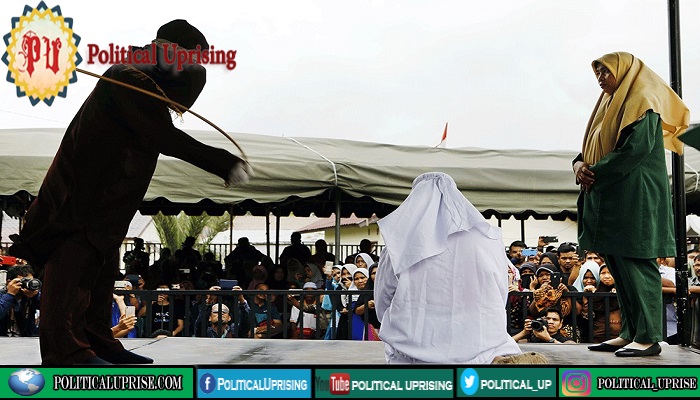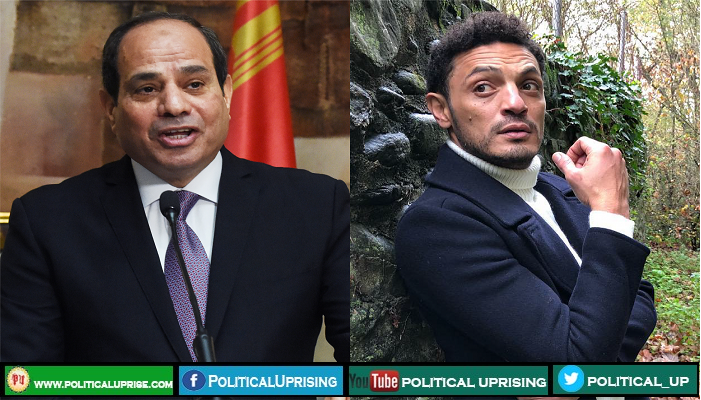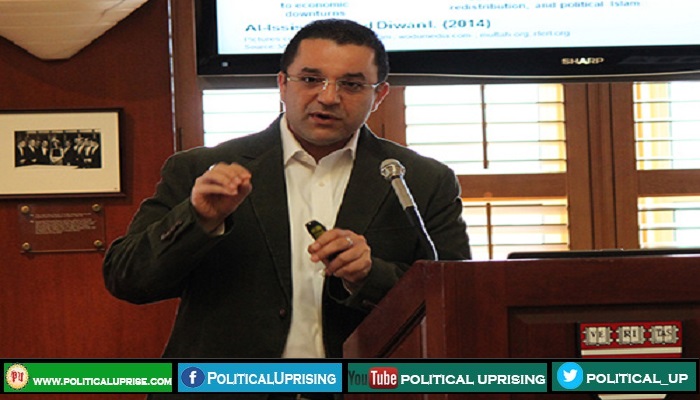KSA Supreme Court said that decision is part of reforms pushed by King Salman and his son Crown Prince Mohammed bin Salman.
Saudi Arabia has abolished flogging as a form of punishment, the country’s supreme court has announced.
The court said on Saturday that the “human rights advances” are part of reforms pushed by King Salman Bin Abdul Aziz and his son, the kingdom‘s de facto ruler, Crown Prince Mohammed bin Salman (MBS).
Court-ordered floggings in Saudi Arabia sometimes extending to hundreds of lashes have long drawn condemnation from human rights groups.
Human rights activists, however, say legal reforms overseen by MBS have brought no let-up in the conservative kingdom’s crushing of dissent, including through the use of the death penalty.
The Saudi supreme court said the latest reform was intended to “bring the kingdom into line with international human rights norms against corporal punishment”.
Previously the courts could order the flogging of convicts found guilty of offences ranging from extramarital sex and breach of the peace to murder.
Saudi Arabia to introduce tourist visa for first time
In future, judges will have to choose between fines and/or jail sentences, or non-custodial alternatives like community service, the court said in a statement.
The most high-profile instance of flogging in recent years was the case of Saudi blogger Raif Badawi, who was arrested in 2012 and sentenced to seven years in prison and 600 lashes and then resentenced to 10 years and 1,000 lashes in 2014 for blogging about free speech and “insulting Islam”.
He was awarded the European Parliament‘s Sakharov human rights prize the following year.Badawi is currently serving his jail term.
Saudi Arabia’s human rights record has come under scrutiny this week following news of the death in prison of human rights activist and lawyer Abdullah al-Hamid.
The 69-year-old was a founding member of the Saudi Civil and Political Rights Association, known by its Arabic acronym HASEM, and was sentenced to 11 years in jail in March 2013, campaigners said.
He was convicted on multiple charges, including “breaking allegiance” to the Saudi ruler, “inciting disorder” and seeking to disrupt state security, Amnesty International said.
Criticism of Saudi Arabia’s human rights record has grown since King Salman named his son Prince Mohammed as crown prince and heir to the throne in June 2017.
Aliaa Abutayah, a London-based Saudi political activist and an opposition leader said that the latest change by the Saudi government in its penal code is a “very small change”.
Turkish authorities blocks Saudi,Emirati state news websites
“If the Saudi government is serious about legal reform, they should start by releasing all of the political and human rights prisoners they have been holding in their prisons for years,” she said.
“The government should also abolish the death penalty, including the practice of executing juveniles,” she added.
The October 2018 murder of critic Jamal Khashoggi inside the Saudi consulate in Istanbul and the increased repression of dissidents at home have overshadowed the prince’s pledge to modernise the economy and society.



